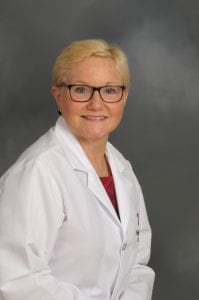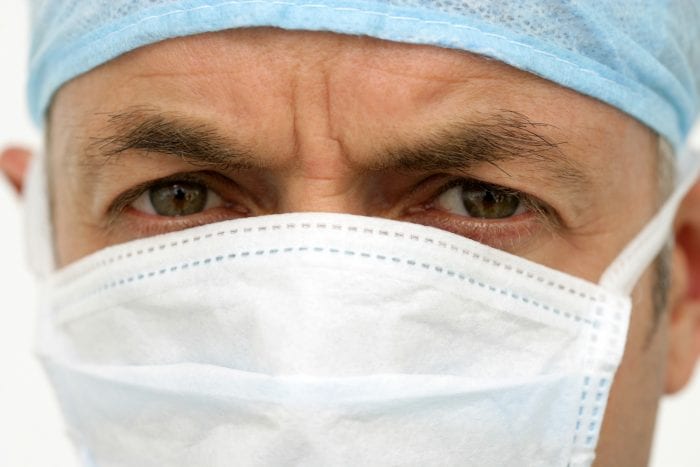Local doctors discuss the Olympics and the delta variant
Starting on July 23, Tokyo will host the Summer Olympic Games with athletes from around the world without any spectators.

Already postponed a year amid the COVID-19 pandemic, the games will look much more like the National Basketball Association bubble games and Major League Baseball’s empty stadiums than the current version of professional American sports.
“There is tremendous vaccination disparity throughout the globe,” said Susan Donelan, medical director of Healthcare Epidemiology at Stony Brook University Hospital, in an email. “Despite what many Americans believe, the global pandemic is very much alive and problematic. Superimpose this on the fact that another state of emergency has just been declared in Tokyo due to rising COVID-19 cases, and it is not difficult to understand how this decision was arrived at.”
Indeed, the Olympics draw athletes from close to 200 countries and territories, with thousands of competitors representing themselves, their families and their countries.
In Japan, just over 15% of the population is fully vaccinated, which is still “low compared with 47.4% in the United States and almost 50% in Britain, according to Sunil Dhuper, chief medical officer at St. Charles Hospital. “That greatly increases the probability of an explosion in the number of Covid infection cases especially if the Olympic stadiums are packed or even at 50% capacity.”
While people in the United States are increasingly relaxing restrictions after the increasing availability of vaccines, health officials throughout the world have not only had to contend with the uneven availability of the vaccine in different countries, but also with the spread of the more infectious delta variant.
The original virus, or so-called wild type, came from Wuhan, China. Over time, viruses mutate, typically during replication, when they incorrectly copy one or more of the base pairs in their genes.

While most mutations are harmless, some can make a virus more problematic. Termed variants, viruses that differ from the original can produce different symptoms or have different qualities.
The delta variant, which started in India in December of 2020, has become the dominant strain in the United States and, likely in Suffolk County, in part because an infected person can transmit it much more easily.
The delta variant “concentrates in the upper respiratory cells, which is one of the reasons why it transmits so much easier among people and why it’s a concern,” said Adrian Popp, chair of Infection Control at Huntington Hospital/Northwell Health and associate professor of medicine at Hofstra School of Medicine.
Indeed, the delta variant is 50% more transmissible than the alpha, or UK variant, which was about 50% more transmissible than the original, Donelan wrote.
Boosters
Amid the spread of the delta variant, companies like Pfizer have been meeting with federal health officials to discuss the potential need for a booster shot.
Pfizer’s rationale for a booster is that the vaccine’s ability to prevent infection and symptomatic disease seems to wane six months after vaccination, citing data from the Israel Ministry of Health, according to Dhuper.
The World Health Organization, however, indicates that “more data are needed before reaching the same conclusion,” Dhuper explained in an email. A recent study in the journal Nature found evidence that the immune response to vaccines is “strong and potentially long lasting,” which is based on the data that the germinal centers in the lymph nodes are producing immune cells directed at COVID-19.
At this point, officials from the Food and Drug Administration and the Centers for Disease Control and Prevention are unwilling to provide an emergency use authorization for a booster.
These government agencies believe people who have been vaccinated are protected from severe disease and death, including variants like delta, Dhuper wrote.

Popp expressed confidence in the CDC to determine when a booster might be necessary, as the national health organization reviews data for the entire country.
Someone who is vaccinated in the United States should have “decent immunity” against this altered virus, according to Popp. The immunity will vary from person to person depending on the underlying health and immunity.
Indeed, Popp said several vaccinated people who have come to Huntington Hospital recently have tested positive for the virus.
The hospital discovered the cases, all but two of which were asymptomatic, because they tested for the virus for people who were coming to the hospital for other reasons, such as a broken hip. Two of the cases had mild symptoms, while the others were asymptomatic.
“The effectiveness of the current COVID vaccines is quite high,” Dhuper wrote. “In fact, it is much higher than some other vaccines we commonly receive.”
He contrasted this with the annual flu vaccine, which has an effectiveness of around 40 to 60% from year to year.
Dhuper also explained that antibodies are only part of the immune response that makes vaccines effective. T-cells and memory B cells are also involved. Some researchers have found that T cells in the blood of people who recovered from the original version of COVID-19 recognized the three mutant strains of the virus, which could reduce the severity of any subsequent infection.
Based on the available data and current information in Japan, Popp said he would likely participate in the Olympics in Tokyo if he were a member of an Olympic team.







